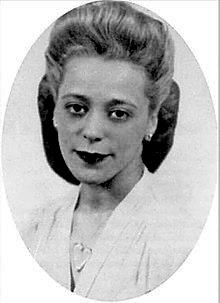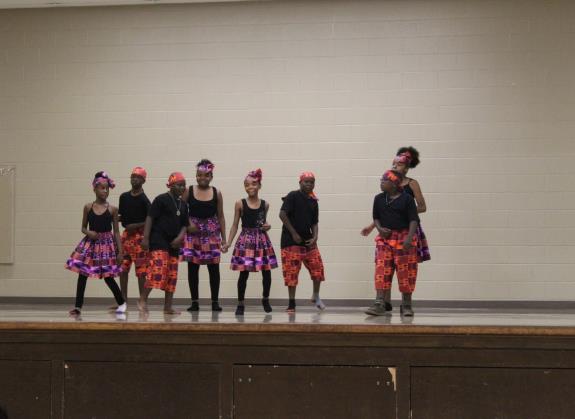Tea Time with African Seniors is a program that was started by the Nigerian Canadian’s for Cultural Educational, and Economic Progress (NCCEEP), to provide a space for the African Seniors in the Windsor-Essex area where they can share stories, play games, learn new skills, and meet new people. Many African seniors saw this as a need because there were few places they could go in the city to be among people of their own culture. Tea Time has created this space so the seniors feel free to be who they are as well as converse with those who understand them.
Tea Time is probably one of the most successful programs that NCCEEP runs, with seniors continuously coming and bringing their friends.
The seniors started the day with snacks of fruit and some activities like sewing lessons, computer lessons, and games. Later a light lunch of chicken, potatoes, and green beans was offered, along with a cake to celebrate national seniors month! (P.S. June is also national Caribbean heritage month as well!)
After lunch the seniors aer free to pick from many activities like sewing, story telling, or computer classes.
The goal of this program is to bring African seniors together in a place they feel they belong and can be themselves. Before this program started many seniors felt as though other seniors groups would not accept them or they felt as though they could not be their true selves.
It is important to respect that elders need their own space and also people around them that respect, love and care for them. These seniors are more than a group that gets together, they are a family that support and uplift one another.
Tea Time with African Seniors runs every second Saturday of every month, from 12:00pm – 3:00pm at the Caribbean Centre in central Windsor. Small donations are accepted to help with the continuation of the program.
The success of this program has made many seniors happy and given them something to look forward to every month.



